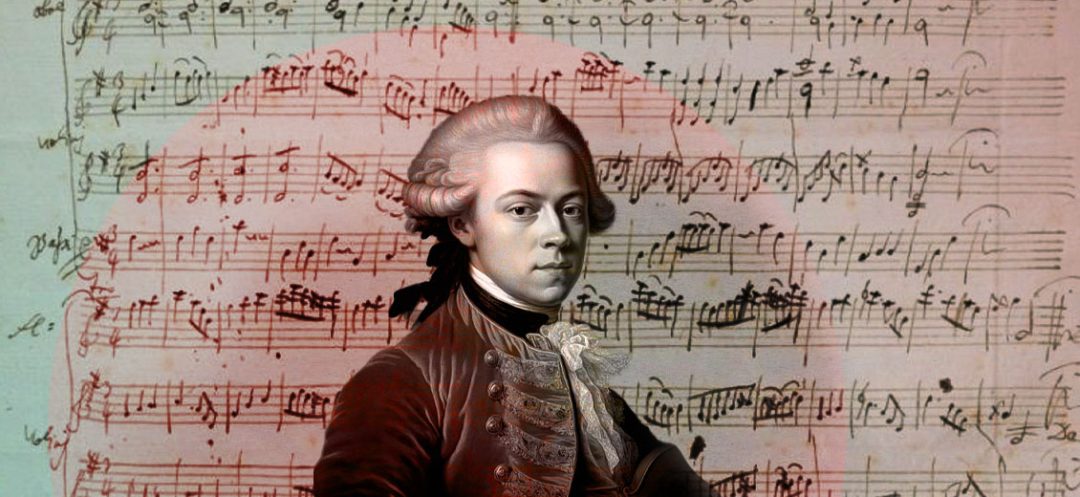An unpublished string trio by Mozart was unveiled in Leipzig on Thursday, September 19, adding to the rich catalog of the Austrian composer and revealing a new facet of his early work.
Last Thursday, a previously unknown piece attributed to Wolfgang Amadeus Mozart, likely composed during his childhood, was discovered in Leipzig, the iconic city of Johann Sebastian Bach located in eastern Germany. Already renowned for its illustrious musical heritage, Leipzig’s cultural legacy has been further enriched by this major new discovery.
The piece is a seven-movement string trio with a total duration of approximately twelve minutes. According to a statement from the Leipzig municipal libraries, young Mozart is believed to have composed it around the mid to late 1760s. Born in 1756, the Austrian composer began composing at a very young age under the attentive guidance of his father, Leopold Mozart, who was himself an accomplished violinist and composer.
Night Music
This work was found in the music collection of the Leipzig library during the compilation of the latest edition of the Köchel catalog. This comprehensive volume classifies and lists all of Mozart’s works, assigning a distinct number to each composition, of which there are over 600. “The manuscript is not in Mozart’s handwriting,” the statement notes, “and is likely a copy or transcription made around 1780. The dark brown ink and the handmade white paper confirm this dating. However, the manuscript remains unsigned.”
In this new edition of the Köchel catalog, the piece is titled Ganz kleine Nachtmusik (“Very Little Night Music”), a subtle reference to one of the composer’s most famous works. The string trio was performed for the first time last Thursday in Salzburg, Mozart’s birthplace, offering the public its inaugural hearing. Another premiere is scheduled in Germany at the Leipzig Opera on Saturday, September 21.
Memento of Mozart
The Köchel catalog also specifies that “the work was written before Mozart’s first trip to Italy.” Ulrich Leisinger, scientific director of the Mozarteum Foundation in Salzburg, views this piece as a significant discovery, explaining: “Until now, we primarily knew young Mozart as a composer of piano music, arias, and symphonies. However, a list compiled by Leopold Mozart reveals the existence of many chamber music compositions from that period, although many have unfortunately been lost.”
Ulrich Leisinger further suggests an intriguing hypothesis: “It seems that a complete string trio was preserved in Leipzig due to a fortunate combination of circumstances. As the model appears to have been written by Mozart’s sister, it is tempting to imagine that she cherished it as a memento of her brother.”
With AFP





